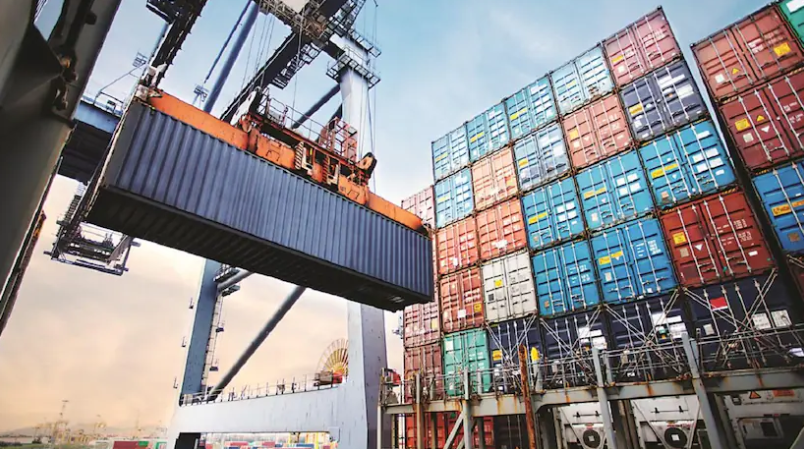Carbon Border Adjustment Mechanism aims for global decarbonisation: EU
business-standard.com
India
08-07-2024
Share

The Carbon Border Adjustment Mechanism (CBAM) aims to ensure that imported goods are treated the same as EU-produced goods to support global decarbonization, according to the Director-General of the European Commission. Following a visit to India to discuss tax and customs issues, Gerassimos Thomas, the Director-General, emphasized the significance of this initiative.
CBAM is the European Union's proposed tax on the carbon emissions associated with producing goods imported from countries like India and China. This initiative has sparked debates at various multilateral forums, including United Nations climate conferences, as poorer countries fear such tariffs will negatively impact their livelihoods and economic growth.
Thomas led a delegation of officials to New Delhi on July 1 and 2 to discuss tax and customs issues, focusing particularly on CBAM. He met with Indian government officials and business leaders to explore the potential impacts on Indian industries and to explain CBAM's objectives and timeline.
Thomas commended India's plans to decarbonize its economy, highlighting the shared commitment to collaborate with India on these efforts. "My mission was an excellent opportunity to engage in direct, in-depth, and meaningful interactions with my Indian counterparts and business representatives on a wide range of tax and customs matters, as well as CBAM. The importance of EU-India relations is growing, and both sides are eager to deepen this relationship to benefit businesses," Thomas stated.
Through CBAM, the EU aims to set a price on the carbon emissions associated with producing energy-intensive products such as iron, steel, cement, fertilizer, and aluminum in other countries. The goal is to reduce emissions from imports and create a level playing field for goods produced within the EU, which must adhere to stricter green standards.
Developing countries are concerned that the EU's planned CBAM tax will harm their economies and make trading with the EU prohibitively expensive.
"Europe is a net importer of CBAM goods and wants to ensure that we continue importing goods with the lowest possible carbon intensity to contribute to global decarbonization. CBAM ensures that imported goods are treated equally to those produced in the EU. It does not discriminate and has a very gradual phase-in to provide maximum predictability for investors and businesses," Thomas explained.
He emphasized the importance of his visit as an opportunity to listen, learn, and improve. "We listened to the challenges that Indian businesses face with the implementation of CBAM, learned about the possible impacts on Indian Micro-Small and Medium-sized Enterprises (MSMEs), and reiterated our commitment to adapt and improve the CBAM measure," he said.
Technical meetings with the Ministry of Power, including the Bureau of Energy Efficiency, will continue. An assessment report on the transition period will be submitted to the Council and the European Parliament before the end of next year. This report will be public, allowing Indian industry and authorities to comment and discuss the next steps with the European Commission.
Beyond CBAM, the visit underscored the mutual interest in deepening exchanges on respective carbon trading markets, pricing mechanisms, and EU cooperation with India in energy efficiency, renewables, and clean technology.
On taxation, Thomas discussed the 'Two-Pillar Solution' to address the tax challenges of the digital economy with his Indian government counterparts. India confirmed its commitment to 'Pillar 2'.
Regarding the UN Framework Convention on international tax cooperation, both parties agreed to avoid overlap between different tracks.
The EU and India have had a long-standing Customs Cooperation (CCMAA Agreement) since 2004. During this week's interactions, Thomas focused on the latest challenges in customs, including cross-border e-commerce and designer drug precursors. India agreed to reinforce bilateral ties and have closer cooperation on designer drug precursors under the existing CCMAA Agreement. Ongoing negotiations for an EU-India Free Trade Agreement (FTA) include an upgrade of this customs cooperation.